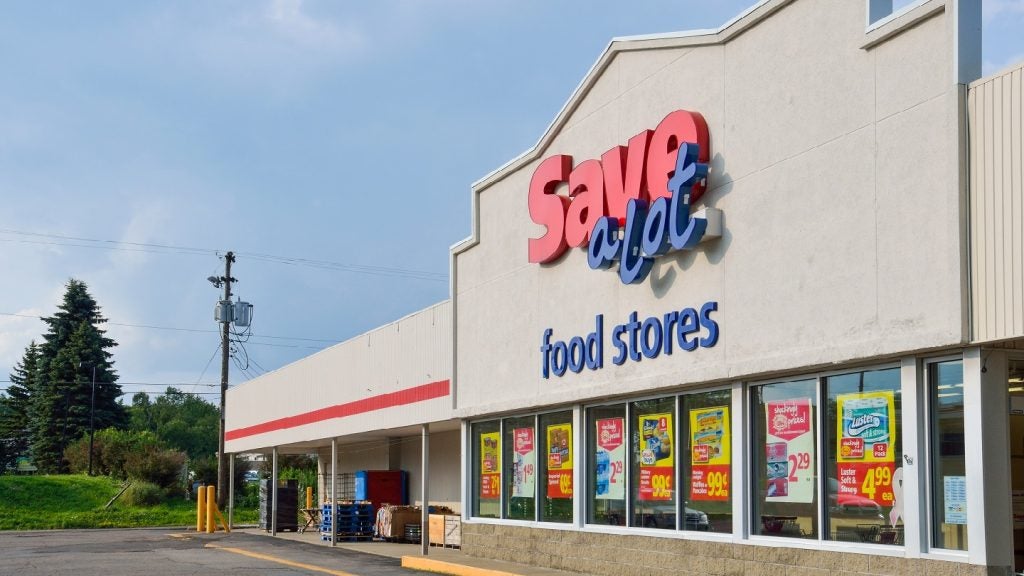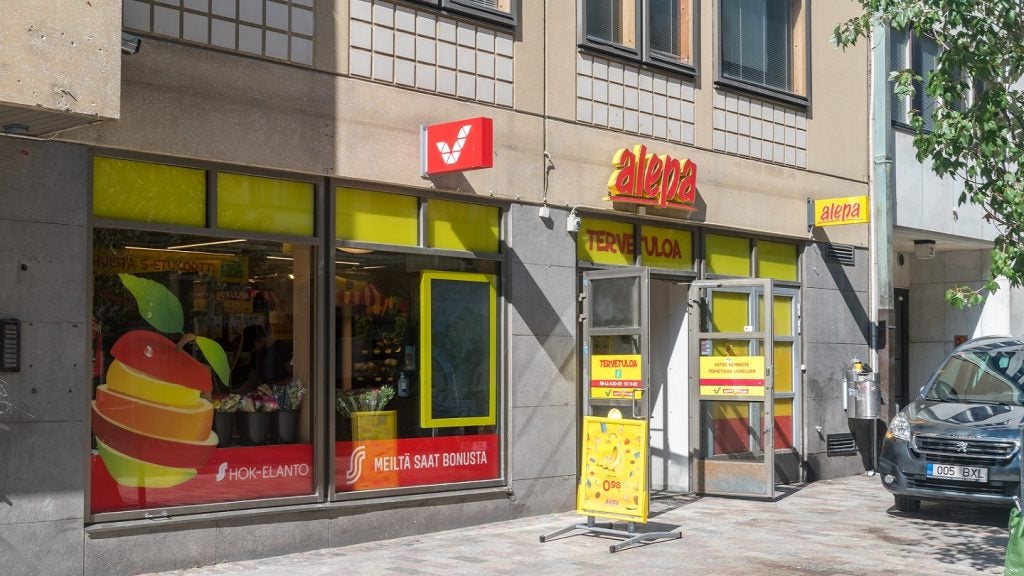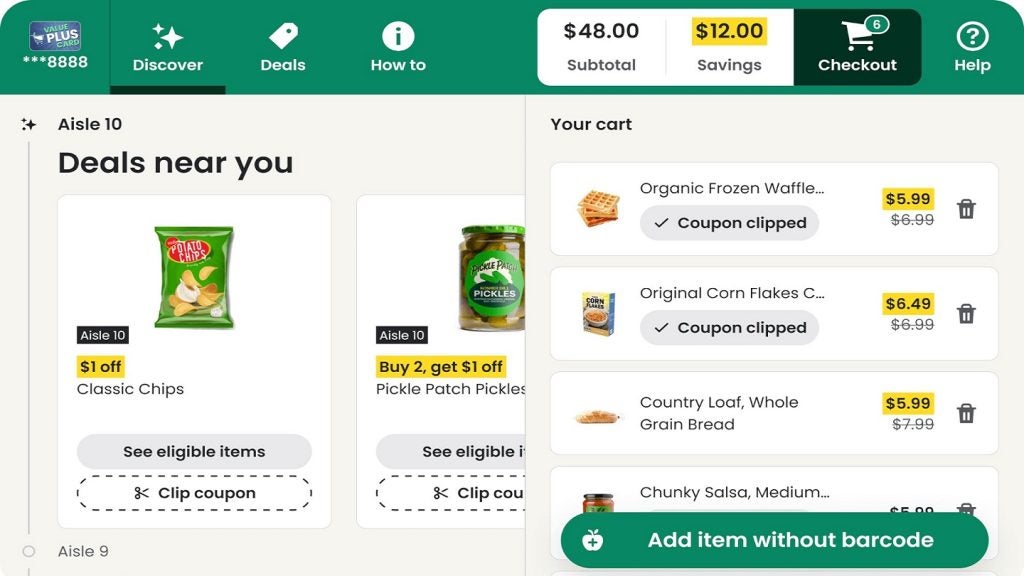As the Golden Quarter approaches, marketplaces and platforms in the UK retail sector face both immense opportunities and unique challenges.
This period, typically covering October to December, is a critical time for many retailers, as it drives a significant portion of annual revenue.
For online marketplaces, which have seen a remarkable rise in popularity, preparing for this peak season requires tailored strategies that encompass payment systems, scalability, fraud prevention, and customer experience.
In this interview with Retail Insight Network, Rosa van Wyk, Head of Experience at Mangopay, outlines how marketplaces can thrive during the Golden Quarter and the best practices to ensure success during this critical window.
The significance of the Golden Quarter for marketplaces
The Golden Quarter is the busiest time for UK retail, driven by key shopping events such as Black Friday, Cyber Monday, and the holiday season.
Consumers flock to online marketplaces in search of deals, and platforms see a substantial spike in traffic and sales.
“Marketplaces in particular can really thrive during this period,” van Wyk explains.
“The convenience of accessing various products from multiple sellers in a single platform aligns well with the increased consumer appetite for holiday shopping.”
According to Mangopay, the pay-in volumes across the platforms they support increased by an average of 27.3% from Q3 to Q4 over the past five years.
While mainstream platforms like Amazon and eBay see a tremendous influx, luxury marketplaces experience a slightly different dynamic.
"While still benefiting from increased consumer spending, luxury retailers often rely less on discount-driven purchasing behaviour," says van Wyk.
"Instead, exclusivity and the appeal of luxury gifting drive sales, leading to a different dynamic to mainstream retail.
Key challenges and opportunities
While the Golden Quarter offers a lucrative opportunity, marketplaces face distinct challenges compared to standalone merchants or direct-to-consumer platforms.
One of the most significant challenges lies in managing relationships with multiple sellers and ensuring timely payouts amid a surge in transactions.
“Marketplaces must ensure sellers are paid on time to keep trust and encourage continued participation on the platform," van Wyk notes.
"A fragmented payment system can also be problematic, particularly when new features must be quickly integrated to meet seller and buyer demands, such as localisation, currency conversions, or new payment methods."
van Wyk suggests that adopting a unified and scalable payment solution is essential for sustaining growth during peak periods.
The payment experience itself is another vital consideration.
Marketplaces that integrate smart routing—a system that redirects failed transactions to alternative payment processors—can improve transaction success rates and enhance the user experience.
"By using smart routing, marketplaces can offer a more reliable payment experience, with more successful transactions on the first try," van Wyk adds.
Different approaches for different marketplaces
Not all marketplaces approach the Golden Quarter in the same way.
Depending on their business model—be it retail, on-demand services, or fintech—strategies may differ.
Van Wyk points to the growing trend of cross-vertical partnerships, such as on-demand platforms collaborating with retailers.
"For example, on-demand platforms, such as food delivery or ride-sharing services, can offer discounts on deliveries from restaurants during New Year's Eve or reduced fares for rides to popular shopping destinations," says van Wyk.
"Partnerships with retailers can provide exclusive access or offers, making the service more attractive during the holiday rush."
Meanwhile, fintech companies are increasingly offering services like reduced cross-border fees or cashback on purchases from partner retailers.
In these collaborations, both parties benefit by providing added value to consumers, driving more transactions, and enhancing customer loyalty.
Building a robust payment stack
For marketplaces, a seamless payment experience is crucial during the Golden Quarter.
With more consumers making cross-border purchases, handling multiple currencies becomes a challenge.
Currency conversions often involve hidden fees that can eat into profits, so a marketplace’s payment stack must be prepared to manage this efficiently.
“To handle cross-border payments effectively in peak times (as well as during the rest of the year), marketplaces need an FX solution that tackles two main tasks: it allows prices to be shown in the buyer's local (or preferred) currency and it ensures sellers know how much they will earn from each sale after the conversion is made,” van Wyk says.
Mangopay’s solution includes multi-currency wallets, which enable marketplaces to show accurate pricing and reduce conversion costs.
Another essential element is offering a variety of payment options, from credit cards to e-wallets and Buy Now, Pay Later (BNPL) services.
However, van Wyk warns that too much choice can overwhelm customers.
“Offering too much choice can confuse customers and may prevent them from completing their purchases,” she explains.
The key is to strike a balance, offering a range of payment methods while keeping the checkout process simple and intuitive.
Preparing for scalability and fraud prevention
Handling increased traffic and transaction volumes is another major challenge for marketplaces during the Golden Quarter.
Without proper scalability, platforms risk outages or payment failures, leading to lost sales.
van Wyk emphasises the importance of a robust infrastructure that can handle these peaks.
“The sudden surge in transaction volumes could cause payment processor downtime. Failed payments translate into lost sales for businesses during peak seasons. To mitigate this, the marketplace can implement automated payment dunning or, if they use multiple payment providers, a PSP-routing strategy to boost payment success rates," she advises.
Fraud prevention is a critical aspect of platform management, especially during peak shopping seasons when fraudsters are more active.
Marketplaces face unique threats, including reseller fraud, hoarding of high-demand items, and triangulation fraud, where fake storefronts are set up to defraud customers using stolen credit card information.
“Marketplaces must fine-tune their fraud detection systems, whether managed in-house or outsourced, to better identify fraudulent activities from legitimate customer transactions,” van Wyk suggests.
This could involve updating machine learning models to reflect the latest fraud trends and implementing systems that distinguish legitimate customers from bad actors.
Enhancing the customer experience
Ultimately, the customer experience plays a central role in the success of any marketplace during the Golden Quarter.
By offering a frictionless payment experience and preventing fraud, platforms can build trust and drive customer loyalty.
van Wyk highlights the importance of using payment data to customise the shopping experience.
"Gathering all online payment data in one place enables marketplaces and platforms to customise the experience by showing users their preferred payment methods or suggesting special offers related to their previous purchases," she explains.
Furthermore, marketplaces can encourage repeat purchases by offering rewards or rebates through digital wallets, an approach Mangopay has successfully implemented.
“With Mangopay’s wallets, customers can use their funds, such as account balances, refunds, rewards, and rebates, to buy new items. This is especially useful during peak shopping times when people are in the buying mood,” van Wyk says.
Looking ahead
As marketplaces continue to evolve, new trends are shaping the way they operate during the Golden Quarter and beyond.
According to van Wyk, integration between verticals is likely to increase, with more collaborations between fintech, retail, and on-demand services.
Additionally, she predicts that individual merchants will expand their models to become marketplaces themselves, while more Buy Now, Pay Later (BNPL) providers will develop their own marketplaces.
With Mangopay’s modular infrastructure and flexible API, platforms can scale up easily during peak times, ensuring seamless transactions, effective fraud prevention, and an optimized customer experience.
“All in all, we provide the necessary tools to marketplaces and platforms that are looking to scale, even during their busiest times,” van Wyk concludes.
For marketplaces, preparing for the Golden Quarter is not just about surviving the rush—it’s about thriving through it by building trust, offering seamless transactions, and creating an experience that brings customers back long after the season is over.















